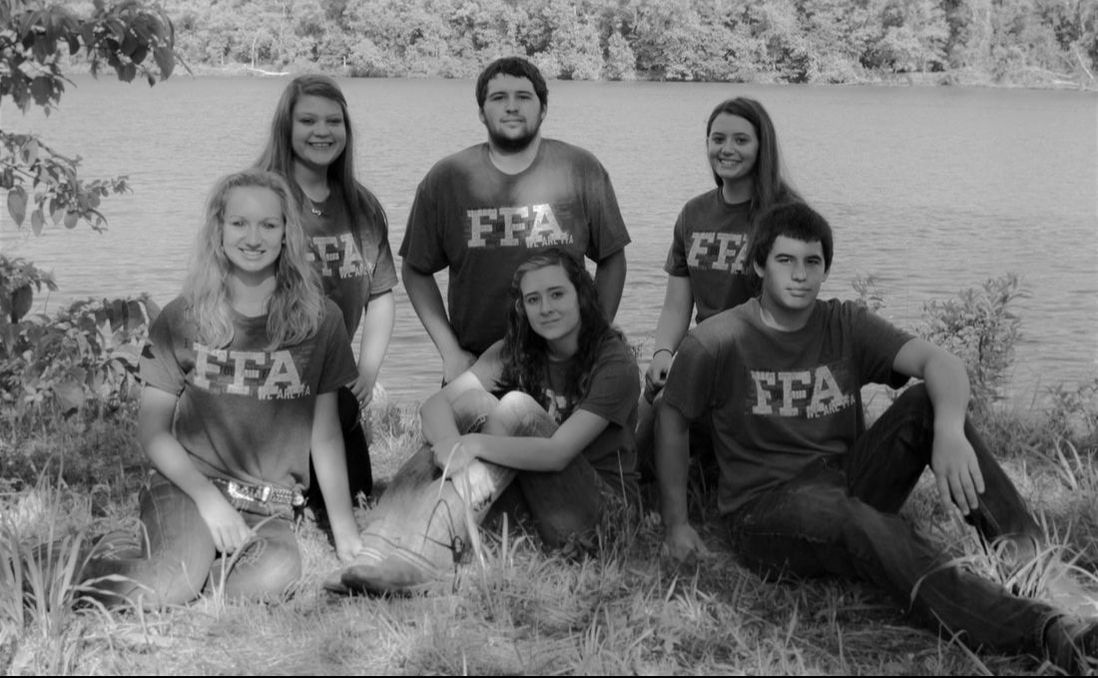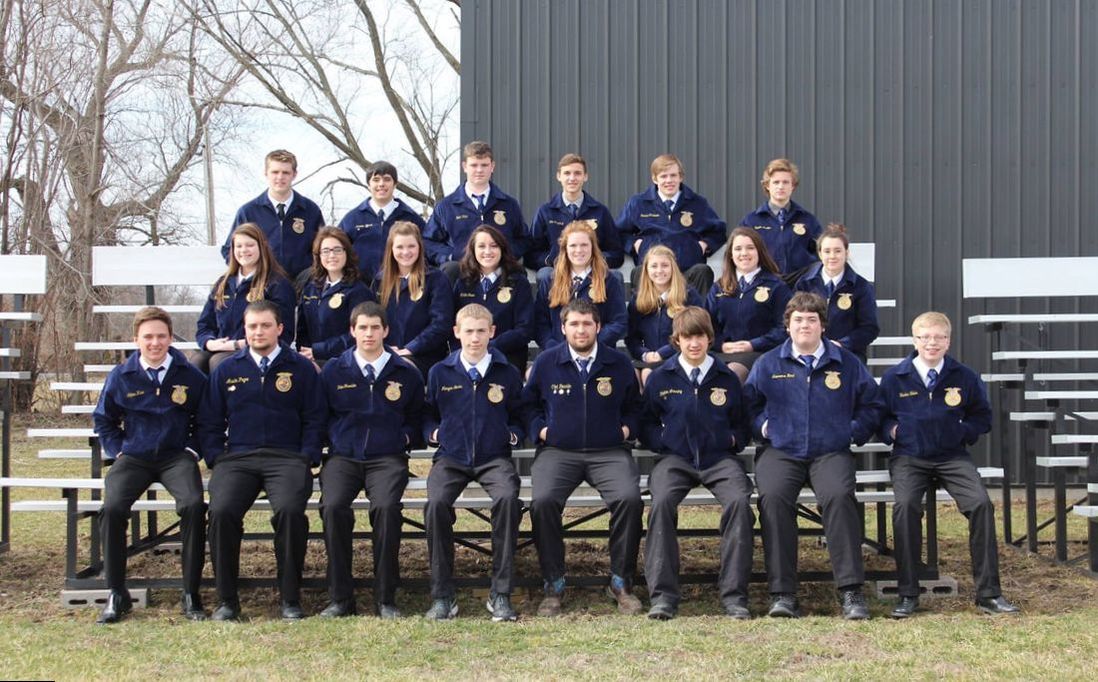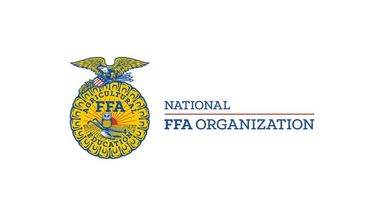Mission
FFA Makes a positive difference in the lives of students by developing their potential for premier leadership, personal growth and career success through agricultural education.
Motto
Learning to Do, Doing to Learn, Earning to Live, Living to Serve.
Learn to doClassroom
In the classroom, students learn concepts and theories dealing with a broad spectrum of agricultural topics. This is followed by laboratory instruction where concepts and theories are carried through to their application. Here, the students are taught “hands-on" skills that ensure that the skills learned are practical and usable.
|
Doing to Learn |
Living to Serve |
The optimal benefit of the program is received when a student is an active participant of all three parts of the program. A program that is developed to include the three components with equal weight is said to have a “balanced approach” and therefore, is providing optimal opportunities for all students. The challenge is developing the balance and maintaining it. The focus for all programs in relation to total school improvement is to stay focused on a balanced program, develop strategies to remain focused, and evaluate the effectiveness of our balanced program.
Agricultural Education Programs Provide:
• Employability skills students can transfer from the classroom setting to their careers.
• Life knowledge and all the soft skills that employers seek.
• Instruction that brings to life the concepts of rigor, relevance, and relationships by engaging students in a three-circle model that has worked since 1917 with the inception of agricultural education in public schools.
• Instruction that will engage students in the globalization of agriculture as the solution for environmental demands, food safety, technology, natural resource protection, and urbanization.
• Immediate application of the principals and theories taught in core the academic subjects, Language Arts, Math, Science, and Social Studies.
• In some states, potential for college credit while in high school.
• In some states, potential for high school core academic credit through agricultural education courses.
• Creation of future entrepreneurs.
• Learning for diverse student populations including ethnicity, special needs, socioeconomic levels, cultural backgrounds, etc.
• Opportunities for students to engage in service-learning in real world situations.
• Character development of all students.
• Supervised Agricultural Experience projects provide real-life training in money management, budgeting, and maintaining financial records.
• FFA and leadership development activities that help develop the whole person and promote interpersonal relations and communication skills, problem solving, teamwork, and character development.
• Employability skills students can transfer from the classroom setting to their careers.
• Life knowledge and all the soft skills that employers seek.
• Instruction that brings to life the concepts of rigor, relevance, and relationships by engaging students in a three-circle model that has worked since 1917 with the inception of agricultural education in public schools.
• Instruction that will engage students in the globalization of agriculture as the solution for environmental demands, food safety, technology, natural resource protection, and urbanization.
• Immediate application of the principals and theories taught in core the academic subjects, Language Arts, Math, Science, and Social Studies.
• In some states, potential for college credit while in high school.
• In some states, potential for high school core academic credit through agricultural education courses.
• Creation of future entrepreneurs.
• Learning for diverse student populations including ethnicity, special needs, socioeconomic levels, cultural backgrounds, etc.
• Opportunities for students to engage in service-learning in real world situations.
• Character development of all students.
• Supervised Agricultural Experience projects provide real-life training in money management, budgeting, and maintaining financial records.
• FFA and leadership development activities that help develop the whole person and promote interpersonal relations and communication skills, problem solving, teamwork, and character development.




